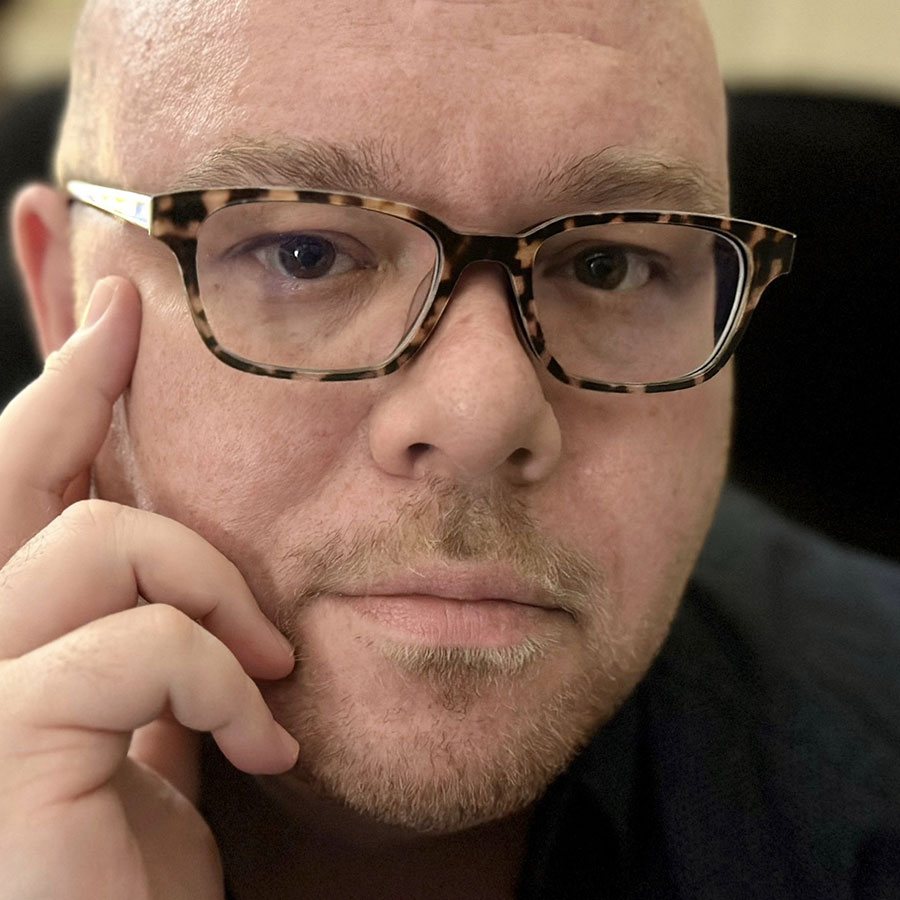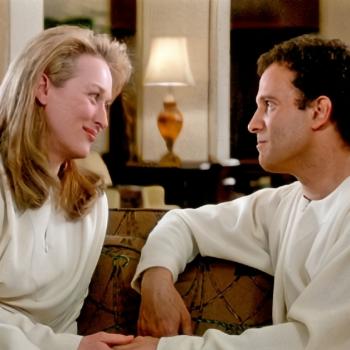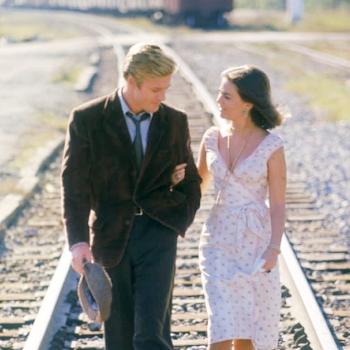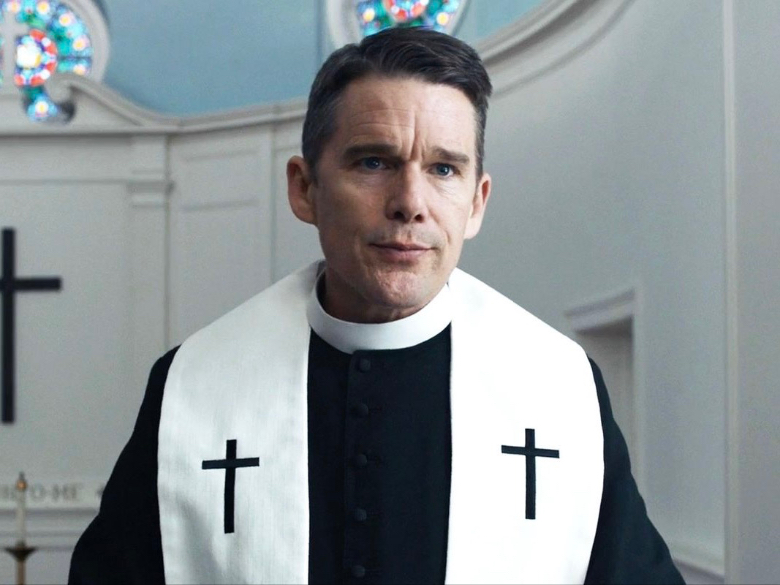
Faith on Film is a monthly feature that is published on the last Sunday of every month, starting with this article.
I ran across the film First Reformed again while I was browsing around for a movie to watch, and after five years of abstaining, I decided to watch it again.
It is truly one of my favorites, in my personal top three alongside Paris, Texas and Five Easy Pieces. Though the plots and characters of each of these films differ greatly, it is almost as if they all share the same protagonist, like we are witnessing another iteration of his life unfold before us.
It would be simplistic and untrue to suggest that I see myself in these characters, but I must admit these films pierce me deeply on a personal level. It isn’t very often something as callow as a movie causes one to examine their own dreams, fears, desires, ambitions, and especially regrets.
Cutting through the noise of what we accustom ourselves to hear, God’s voice sometimes speaks to us from what may only be described as the most unexpected places. Or at least that’s what Balaam’s donkey tells me.
Healing comes in many forms, and sometimes simply recognizing we are wounded is the first step of a long but worthwhile journey. For me, as one who has devoted my life to God through church institutions that fail to make disciples or even have the capacity to love, healing sometimes takes steps forward, and also backward. I’m waiting for the day the church as a whole becomes Christlike.
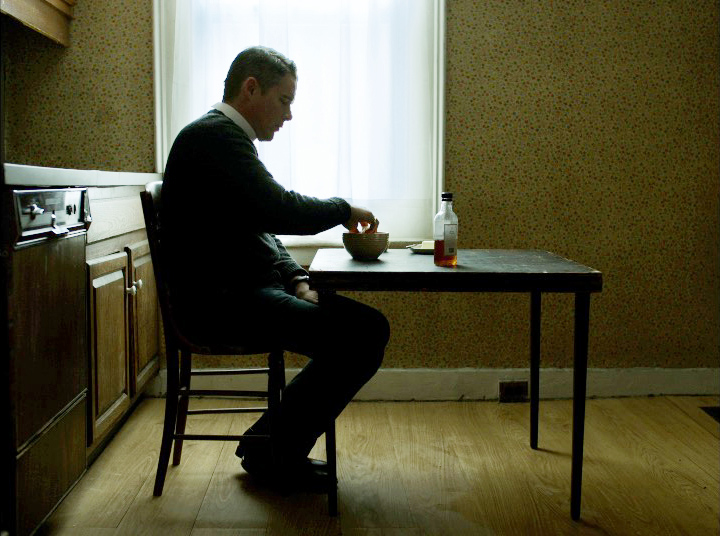
How familiar it all is as I watch the film, hearing the inner monologue, witnessing the solitary activities a pastor carries out, such as visitation, cleaning, counseling, and listening to other people tell you what you should do all the time. Dark rooms, hours in the dead of night spent sleepless in contemplation, the things you admit to yourself but would never speak in a sermon, habits of piety, and the depths of unspeakable loneliness all captured so vividly and realistically by the movie.
It’s what few (if any) clergy ever speak aloud: enduring bland conversations about theology that might enthrall a college sophomore religion major but hold no genuine interest for those who over decades have progressed beyond point-to-point logic. When words on onionskin no longer seem new, and the best and most dynamic reckoning comes at times from emotional revelations pulsating in counterpoint to volume upon volume of context and decades of critical study that is now so assimilated in my brain it is as automatic as breathing.
It’s the greasy tables in chain restaurants; caring enough to listen and speak, to love but not push. It’s searching and hoping through an endless debris of conversation, sifting like a miner for even just a speck of anything authentic, some expression that could mean that I am a real person to someone else, that my existence serves more than the vocational role I fill.
It is only through such experiences that I realized being needed is much less desirable than being wanted.
And then the film narration, as if I dictated it myself: “I awoke at three with a cry. I went into the church and fell asleep on a bench. How easily they talk about prayer, those who have never really prayed.” Or for example, “The man who says nothing always seems most intelligent. Why couldn’t I have just kept silent?” And, “No, I have not lost my faith.”
So First Reformed is a devastating experience for me, but one that, by breaking my façade of habits, challenges me to rise from crippling depression and go forward in faith.
Film Review: First Reformed
Here is the original review of First Reformed that I wrote in 2018 when the film was first released:
★★★★★
If you do not watch First Reformed before the end of your life, then you have missed out on a great opportunity.
Most of the time, watching a film is a way to spend time intentionally escaping the reality of our own lives. Of course, actors, directors, writers, producers, and studios are very aware of this, and consequently exploit the fantastic. This is why there is such a preponderance of superhero and other genre-typifying films littering the current landscape. If you expect a popular film made in the past twenty years to suspend disbelief, you will be very disappointed.
Distinct from those and much more rare and rewarding are films that seem plausible and make you feel. These kind of films are usually considered classics, not only because of their high critical regard, but also because they offer a reality that motivates us in a visceral way.
Whether lighthearted or extremely dense, movies such as this make us care, and that response stays with us long after the credits roll and we are better for it.
There is even a more uncommon and satisfying echelon of film than what I have already described, and that is what First Reformed qualifies as: a profound life experience.
Movies like this inhabit a present reality that transcends art and becomes a part of who we are. In other words, we are irrevocably transformed in some internal way by experiencing the motion picture playing before us.
Reverend Ernst Toller (Ethan Hawke) is the divorced forty-six-year-old pastor of First Reformed Church in upstate New York. While his church building is a historic landmark, his congregation consists of only a handful of people.
As his first name suggests, Toller takes his role as a servant to his flock, his community, and his God with sincerity and conviction. Mostly, he finds himself trying to satisfy every whim of those within his sphere of influence by performing a variety of tasks that range from menial but necessary to thankless and beneath him.
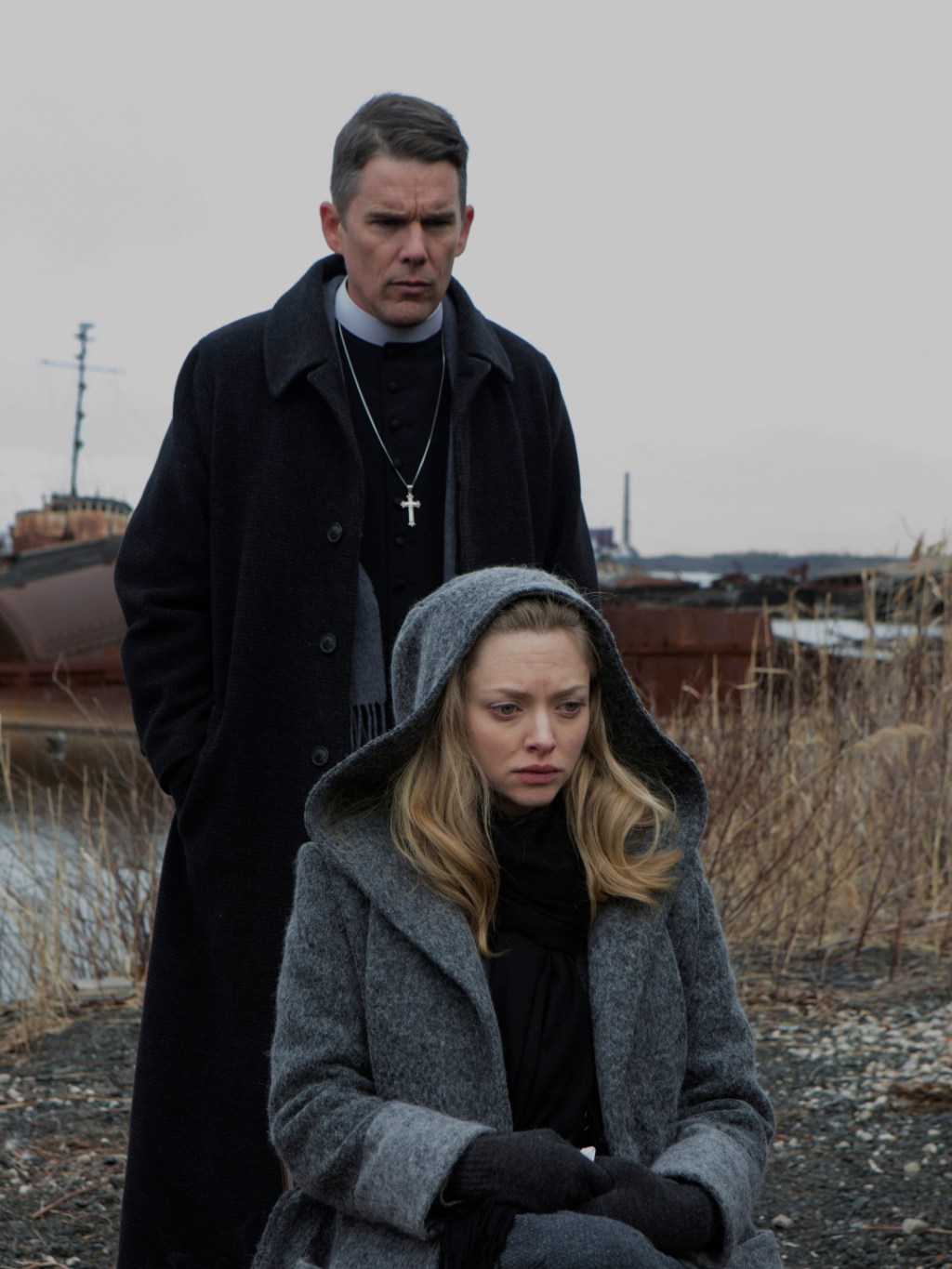
There are a few key relationships at play, including a young church member named Mary (Amanda Seyfried) who asks Rev. Toller to talk with her husband, a troubled man who is devastated by humanity’s culpability and apathy towards climate change. The pastor of local mega-church Abundant Life (Cedric The Entertainer) also affects a friendship with Rev. Toller (“even a pastor needs a pastor”), but whether this connection is collegial or opportunistic depends on the occasion, and may not have a single answer.
The stark contrast between these two churches and their pastors cannot be overstated. Perhaps it is a clever joke that someone known as “The Entertainer” was cast as a mega-church pastor, but never mind.
The fine details of the film underscore its dynamic message of free will: the sparse, threadbare living quarters of poverty; the obvious symbolism of Toller raising up overturned headstones in the graveyard surrounding his church; his sudden reaction when yet another person tells him what he should do.
Toller’s life is miserable, but his perspective is insightful: “Wisdom is holding two contradictory truths in mind, simultaneously: hope and despair. A life without despair is a life without hope. Holding these two ideas in our head is life itself.”
First Reformed is remarkable because it demands that we navigate our relationship with God by means of our relationships with everything else God created. This doctrine is framed philosophically within the film by the repeated question “Will God forgive us?” But to call First Reformed a mere theological exercise undermines the powerful narrative and emotional resonance of the characters and plot.

Much could be said of the cinematic devices at play within this film, whether or not particular sequences qualify as homage to other masters or stand on their own artistically—but to analyze these arguments here or upon your first viewing would do you a major disservice. It would be equally importune to lavish well-deserved praise upon Ethan Hawke’s performance and Paul Schrader’s writing/direction—although I must say this is by far the best film of either of their distinguished careers.
When we struggle with the questions Toller suggests, not only does the film find its voice, we ourselves are changed on a personal level. “Courage is the solution to despair,” says Toller, “reason provides no answers.”
His quest is through the dark night of not only his own soul, but that of all humanity, and in the film’s final shocking moments, I believe he discovers a truth that escapes the human demands of religion, reason, and despair to ascend to the heights of authentic faith, hope, and love.
Reel Theology
There is so much to theologically unpack from First Reformed that I’m sure I will miss important elements, but hopefully you will not if you watch the film.
Textually, there are the issues raised by the plot:
- Humanity’s culpability for raping and then destroying our planet for its natural resources, and how American Christians deny the existence of this sin.
- Depression is not only a vocational hazard of pastoral ministry, it is a likelihood.
- Most churches are at best under-resourced to accommodate this pandemic of depression among clergy, but more likely to deny such problems exist.
- Clergy are real humans who desire real relationships, but often not only are they dehumanized into the vocational roles they fill, they are also commonly denied agency in personal matters by church leaders who charitably see clergy as subordinates, and sometimes as slaves.
- Pastors and other clergy do have clay feet. Like all people pushed to the extreme, sometimes extreme reactions can occur.
But those deep issues really just scratch the surface. Ultimately, First Reformed is about the contrast between guilt and accountability—how forgiveness may be universal and the consequences of sin (like scars) can heal, but may never disappear. So if humanity is to be responsive to God, who is good, then how do we act to make something good out of a physical world we have environmentally prostituted and forsaken?
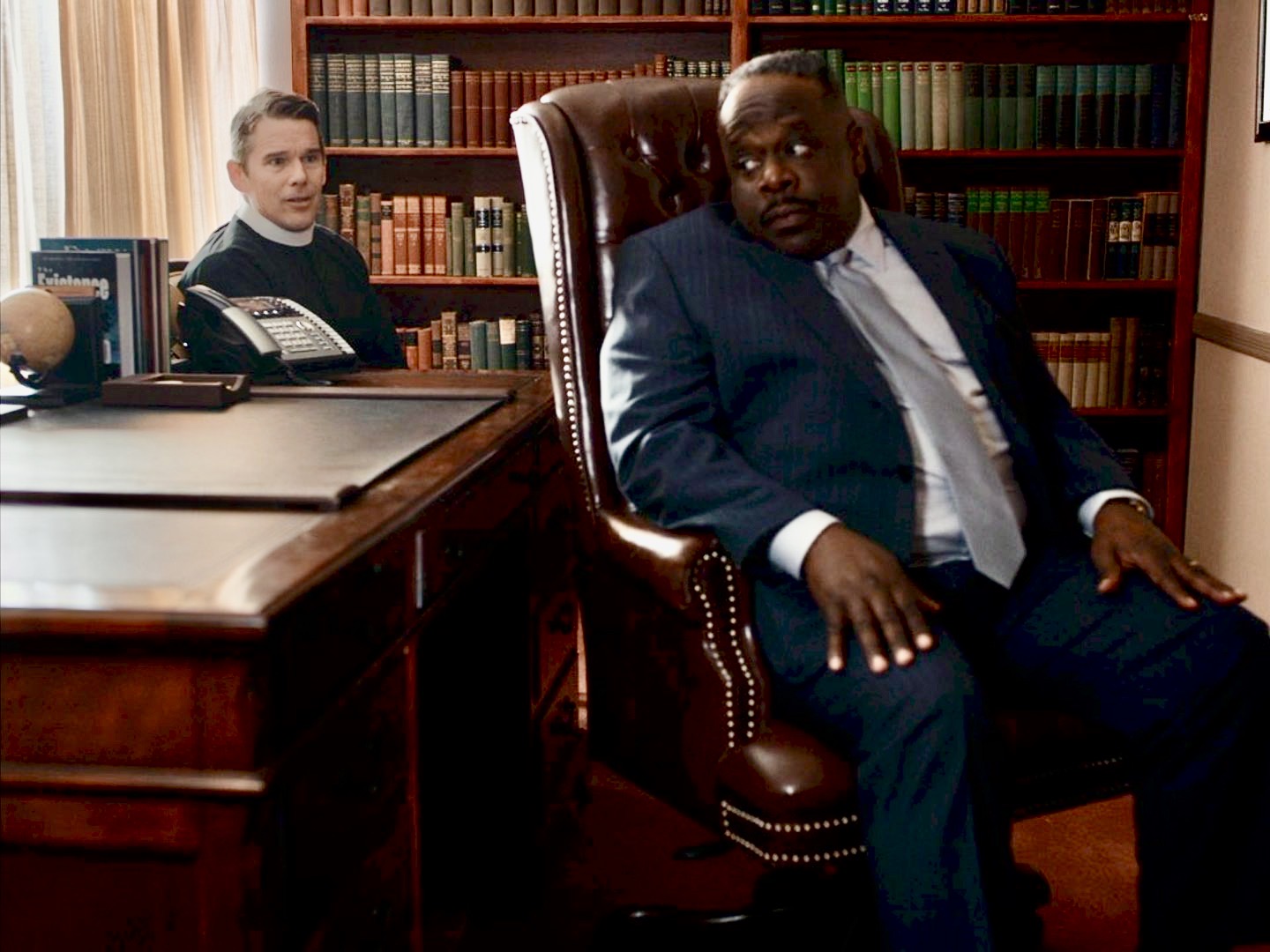
In the film, the question “Will God forgive us?” is answered when we find it in our hearts to forgive ourselves. But with forgiveness comes repentance, which is the fundamental difference between Abundant Life pastor Jeffers and Rev. Toller. While one concerns himself with what is going on within the walls of the church and how political and financial powers play into the public display of religion, the other is torn facing the indiscretions of society, and eventually is rewarded for his faith in the film’s final seconds.
The best films do not answer all the questions, and do not textualize what is subtext. Toller’s medical diagnosis is not undone by the conclusion of the film, and neither are his past mistakes, and the consequences of his actions. The dead sometimes stay dead, but what is resurrected in Toller and Mary suggests new beginnings are possible.
So maybe to appreciate a film this good, one has to have endured the occasional ridiculous franchise legacyquel turkey. God help us.



